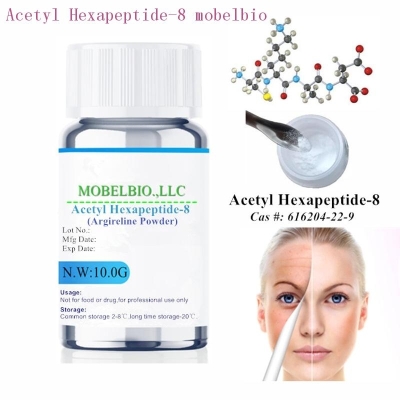Research says eczema increases the risk of food allergies in infants
-
Last Update: 2013-07-23
-
Source: Internet
-
Author: User
Search more information of high quality chemicals, good prices and reliable suppliers, visit
www.echemi.com
London, July 19 (reporter Liu Shilei) a new British study found that eczema can damage the skin immune barrier and cause inflammation, thereby increasing the risk of food allergy in infants and young children This shows that the immune cells in the skin are also closely related to food allergy Researchers from King's college and Dundee University in London reported that they analyzed the health status of 600 breastfed 3-month-old infants, tested them for eczema, skin water retention test and gene mutation related to eczema, and tested their allergy to six common foods through skin pricking test The results showed that the risk of allergy in infants with eczema was six times higher than that in normal infants, and the more severe eczema was, the higher the risk of food allergy was Egg white is the most sensitive food, followed by milk and peanuts The researchers believe that because these infants are exclusively breastfed, and the viscera and digestive system do not process external food, the active immune cells in the skin play a key role in food allergy, which also indicates that food allergy may not be all related to visceral cells Carsten flor, who was involved in the study, said eczema can damage the immune barrier in the human skin, causing allergens such as protein in food to cause allergic immune reactions of immune cells in the skin Previous studies have found the relationship between skin and food allergies, and the new findings add new evidence to help prevent and treat food allergies The findings have been published in a new issue of the American Journal of dermatological research.
This article is an English version of an article which is originally in the Chinese language on echemi.com and is provided for information purposes only.
This website makes no representation or warranty of any kind, either expressed or implied, as to the accuracy, completeness ownership or reliability of
the article or any translations thereof. If you have any concerns or complaints relating to the article, please send an email, providing a detailed
description of the concern or complaint, to
service@echemi.com. A staff member will contact you within 5 working days. Once verified, infringing content
will be removed immediately.







